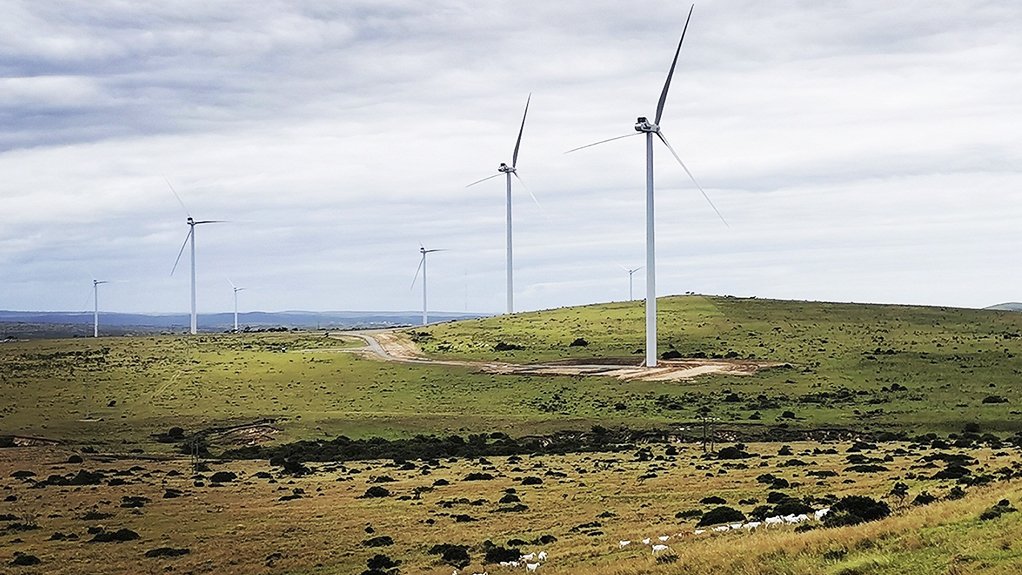Yearly clean energy investments in emerging and developing economies will need to more than triple from $770-billion currently to as much as $2.8-trillion by the early 2030s in order to meet rising energy demand in a way that is aligned with the Paris Agreement, a new international report states.
Produce jointly by the International Energy Agency and the International Finance Corporation the study also calculates that a far steeper seven-fold investment increase (from $260-billion to $1.9-trillion yearly) is required once China is excluded from this grouping of countries.
Given the scale of the investment, the report estimates that two-thirds of the finance for economies outside of China will need to come from the private sector, rising from $135-billion currently to as much as $1.1-trillion a year within the next decade.
Investments in clean electrification, grid infrastructure and efficiency are the main components of the increase in spending.
“Both public and private investment need to increase to deliver clean energy at the scale required, but public resources alone will not suffice,” the reports asserts, noting that all of the 775-million people who lack access to electricity and the 2.4-billion people who lack access to clean cooking fuels live in emerging and developing economies.
Titled ‘Scaling Up Private Finance for Clean Energy in Emerging and Developing Economies’ the report also estimates that up to $100-billion of concessional finance will be needed yearly by the early 2030s to attract private investment at the scale required for the energy transition.
It highlights the conclusion of Just Energy Transition Partnerships with Indonesia, South Africa and Vietnam, which it suggests offer a new model for international support for national efforts to scale up renewables, reduce reliance on coal and other polluting fuels, and manage the social implications of change.
Financing instruments such as green, social, sustainable and sustainability-linked bonds could also assist in mobilising private capital at scale by attracting institutional investors, but the report notes that such capital remains heavily concentrated in advanced economies.
“Growing this market will require robust third-party certification and monitoring, standardised industry guidelines, harmonised taxonomies, cost-effective regulation, and better instrument design,” the authors assert.
Financing for the energy transition, the report warns, will not flow without credible climate transition commitments and planning by governments, while investments in new generation are dependent on the timely expansion of grids, alongside energy storage and other options to allow for the integration of variable renewables.
The report argues that developing countries will need to prioritise policy reforms that are supportive of attracting private investment, including reforms that tackle inappropriate pricing policies and fossil fuel subsidies, as well as ones that address lengthy licensing processes, unclear land-use rights and restrictions on private or foreign ownership.
EMAIL THIS ARTICLE SAVE THIS ARTICLE ARTICLE ENQUIRY
To subscribe email subscriptions@creamermedia.co.za or click here
To advertise email advertising@creamermedia.co.za or click here











